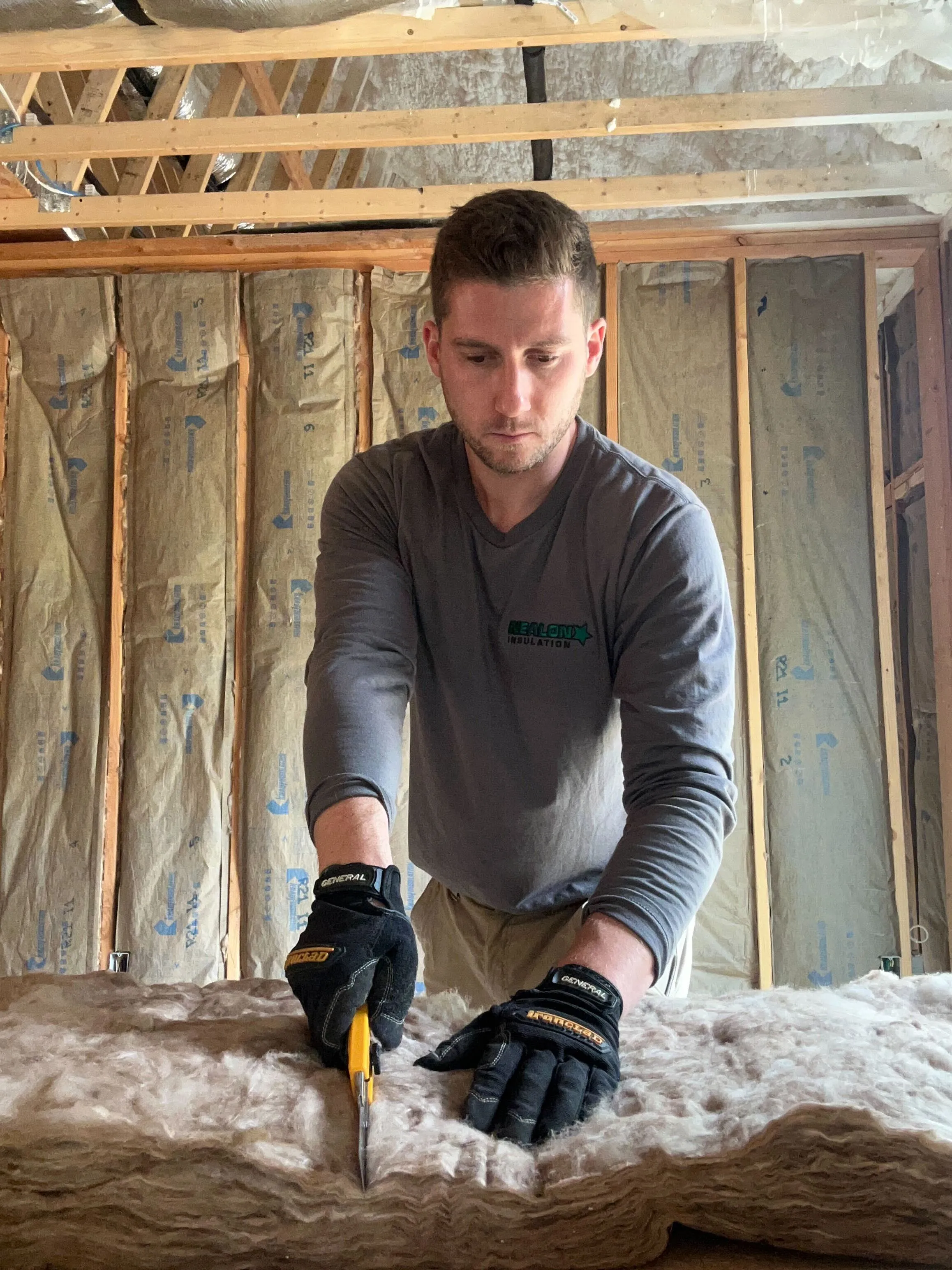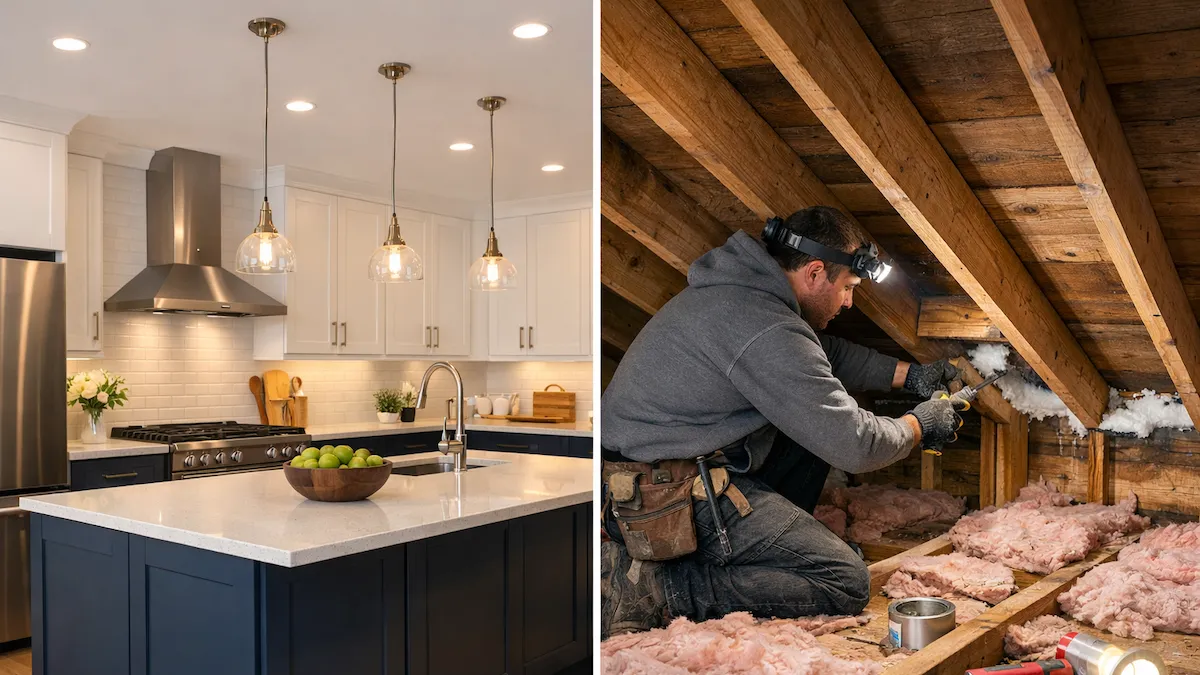How to Remove Insulation (Without Making a Total Mess)

So, you’ve got old insulation that needs to go. Maybe you’re renovating, maybe there was a leak, maybe a raccoon made itself a cozy little condo up there (don’t laugh—it happens). Whatever the reason, removing insulation isn’t rocket science—but it is one of those jobs that can go sideways real fast if you’re not prepared.
Let’s walk through what you need to know to remove insulation safely, efficiently, and without turning your house into a dust storm.
First Things First: Why Are You Removing It?
If your insulation is wet, moldy, critter-infested, or just plain useless, you’re doing the right thing. Damaged insulation doesn’t just tank your home’s efficiency—it can affect your indoor air quality too. And in Connecticut, where winter means business, that matters.
Know What You're Dealing With
There are three big players in the insulation world, and each one needs to be handled a little differently:
1. Fiberglass Batts or Rolls
These are the pink or yellow fluffy mats stuffed between your ceiling joists or wall studs. Common in older CT homes. They're easy to remove—but itchy as hell.
How to remove it:
- Suit up: gloves, goggles, long sleeves, and a quality mask (fiberglass is no joke if it gets in your lungs).
- Roll it up and bag it. Gently. Try not to stir up dust.
- Use a HEPA vac to clean up leftover fibers.
2. Cellulose Insulation
Blown-in gray stuff made from recycled paper. We use it all the time in CT shoreline homes because it’s eco-friendly and great at sealing tiny gaps—but if it gets wet or moldy, it clumps up and needs to go.
How to remove it:
- Rent a high-powered vacuum from an insulation contractor or equipment rental place.
- Suck it out from the attic or wall cavities. (Yes, it's loud. Yes, it's dusty. Yes, it works.)
- Bag the debris in contractor-grade bags. It gets heavy, fast.
Mike’s Tip: Once removed, this is a great opportunity to air seal your attic before putting new insulation in. Think of it as a fresh start.
3. Spray Foam Insulation
This one’s the tough guy. Closed-cell spray foam is basically glued to your house. It’s amazing stuff when installed right—but if you have to remove it (say, during a renovation or due to water damage), it’s going to take some elbow grease.
How to remove it:
- Use a reciprocating saw or oscillating multi-tool to cut it out in chunks.
- Chisel and scrape any stubborn spots.
- Don’t go crazy—sometimes it’s better to replace the whole panel or board it’s attached to.
Safety First, Always
Whether you're in Branford, Guilford, or somewhere up in West Hartford, remember: insulation removal stirs up dust, allergens, and sometimes worse. Mold spores, rodent droppings, old construction debris… it’s not a clean job.
- Ventilate the area if possible.
- Don’t skimp on PPE—N95 or better masks are a must.
- Seal off nearby rooms with plastic sheeting to keep mess contained.
Should You DIY It?
If it’s a small area, sure—have at it. But if you're looking at a whole attic or dealing with water or pest damage, it’s worth calling in the pros. At Nealon Insulation, we’ve safely removed insulation from homes all over Connecticut, from old shoreline cottages to newer builds. We bring the vacuums, safety gear, and most importantly—the experience to do it right.
Final Thought
Removing insulation isn’t glamorous, but it is the first step toward better energy efficiency, comfort, and peace of mind. Do it right, and you set your home up for decades of toasty winters and cool summers.
Need help removing insulation in Connecticut?
👉 Contact Nealon Insulation today and let’s talk about your project. We’ll bring the tools, the crew, and the “don’t-worry-we’ve-seen-worse” attitude.
Related Articles
Let's Work Together
Ready to transform your home into an energy-efficient haven? Schedule your free energy assessment today and experience the Nealon difference for yourself.



